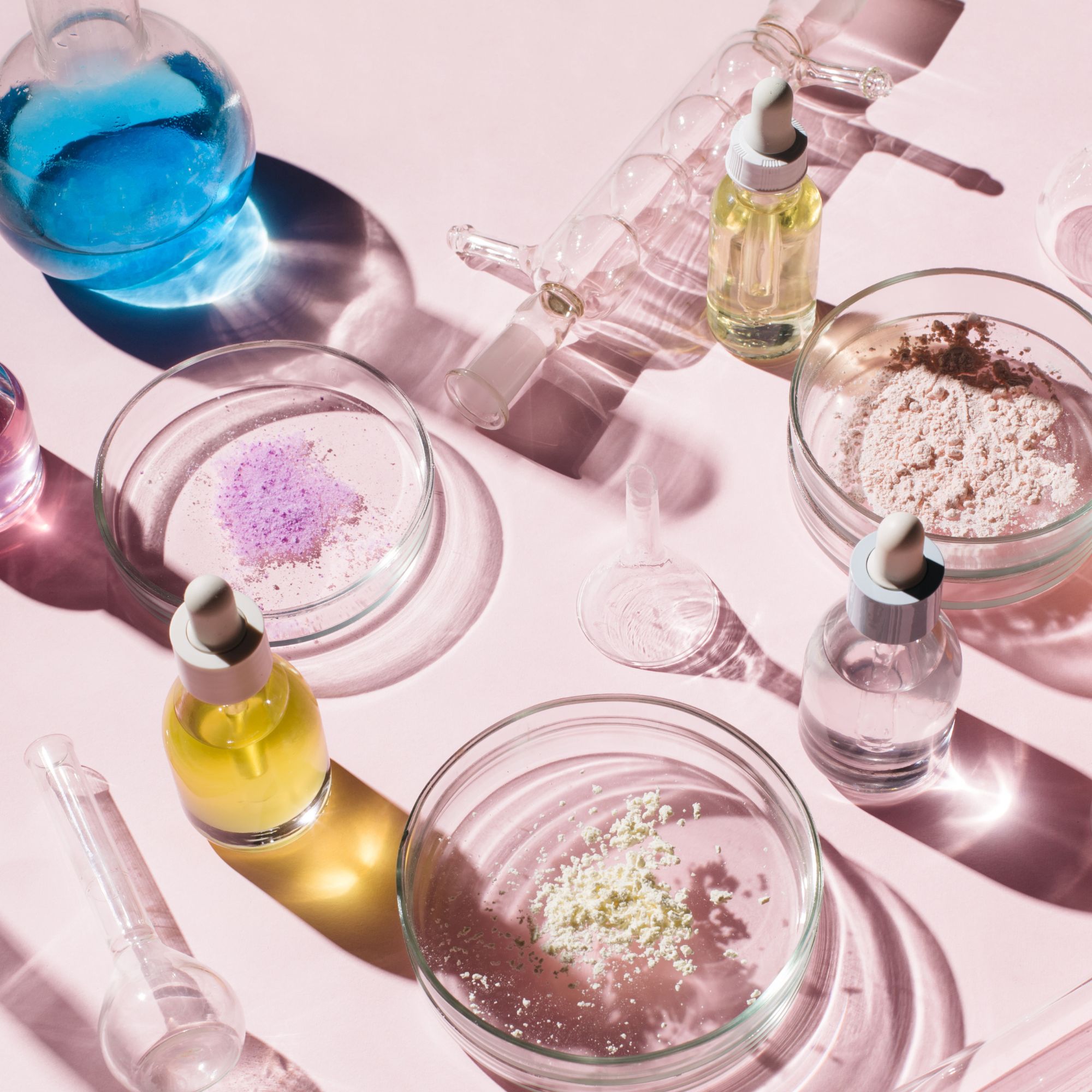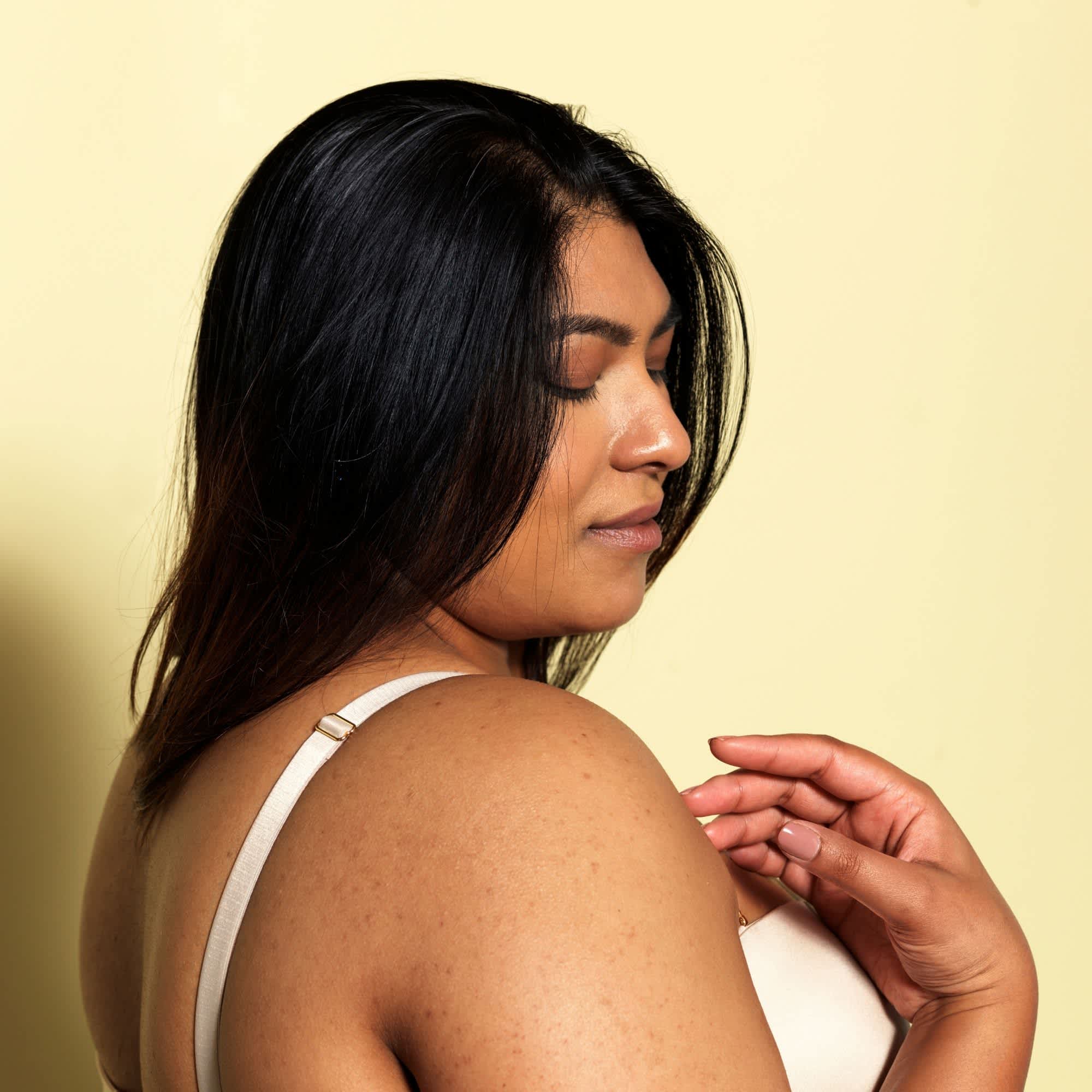
- POPSUGAR Australia
- Beauty
- The Skincare Ingredient Combinations to Use For Your Best Skin Yet
The Skincare Ingredient Combinations to Use For Your Best Skin Yet

As POPSUGAR editors, we independently select and write about stuff we love and think you’ll like too. POPSUGAR has affiliate and advertising partnerships so we get revenue from sharing this content and from your purchase.
We’re often told about the many skincare ingredients you shouldn’t mix together, as they can cause irritation and increase your skin’s sensitivity to the sun, but what about the ingredients you can mix? Not only are there a number of ingredients that work well together, but some truly shine when paired with another ingredient.
These are the skincare ingredient combinations we always use, as they provide the best results and when used together, can do a little more heavy-lifting, which is what we love to see.
Vitamin C and Salicylic Acid
For example, Garnier has recently released its Vitamin C Brightening Serum ($17) which contains both salicylic acid, and a form of vitamin called vitamin Cg (ascorbyl glucoside). This smart synthetic vitamin C is a gentle, water-soluble solution that provides all the benefits of traditional vitamin C ingredients. Combined with salicylic acid at the right concentration can actually offset the at times irritating elements of vitamin C, as skincare influencer and pharmaceutical scientist Hannah English told POPSUGAR Australia back in 2022. Additionally, salicylic acid gently exfoliates the skin, which further assists with shifting stubborn dark spots and preventing the formation of new blemishes. A perfect pair.
Surprised? So were we! Increasingly new vitamin C formulations are including salicylic acid. Vitamin C is a potent antioxidant, and salicylic acid (BHA) is an oil-soluble chemical exfoliant. While both ingredients are powerful, they can be complementary when formulated correctly.
Vitamin C and SPF
Vitamin C and SPF are truly BFFs. While each of these ingredients is strong in its own right, when combined, they reach a whole other level. The antioxidant benefits of vitamin C work well with SPF and can actually help boost your protection from the sun. Pop your vitamin C serum or cream on first, then follow up with your favourite sunscreen.
“Studies have shown that using sunscreen with Vitamin C protects the skin from further photodamage caused by ultra-violet rays,” Kim Chang, a medical aesthetician at Baylor College of Medicine, said. “This information is important because most people don’t know that you can protect your skin even further than just sunscreen. Sunscreen can certainly protect the skin from the sun’s UV rays,” Chang said. “However, adding vitamin C into your skincare regimen can protect you even further.”
Retinol and Hyaluronic Acid
While retinol is known to be harsh at times, hyaluronic acid is the opposite. Vitamin A products, like retinol and retinoids, can lead to irritation so hyaluronic acid can help counteract these reactions thanks to its hydrating and soothing qualities. And, best of all, using hyaluronic acid and retinol together doesn’t affect the efficacy of retinol, which can happen with other ingredients.
Vitamin C and Vitamin E
Known for its ability to protect skin cells from free radicals caused by UV exposure, vitamin C can actually be supercharged when combined with vitamin E. When the two ingredients are used together, it is more “effective in preventing photodamage than either vitamin alone,” reported researchers at Oregon State University.
According to Healthline, the combination actually doubles your skin’s ability to fight free radical damage, as each ingredient works to combat different types of UV damage. Love that!


